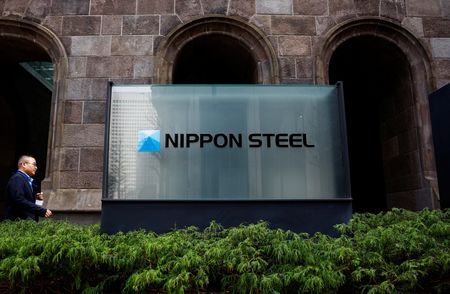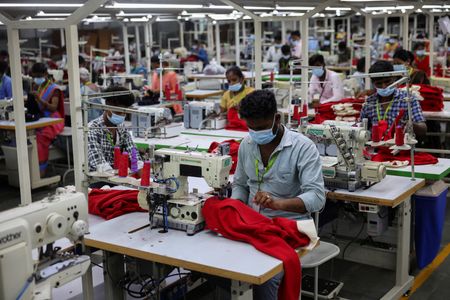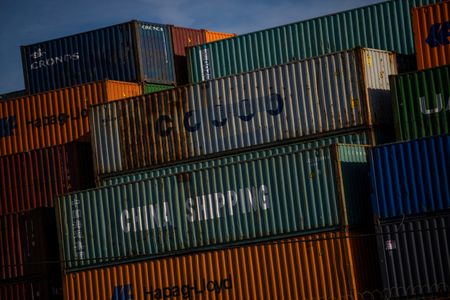By Arasu Kannagi Basil and Tom Polansek
(Reuters) – Smithfield Foods is targeting a valuation of up to $10.73 billion in its New York flotation, the biggest U.S. pork processor said on Tuesday, moving closer to its U.S. stock market return after more than a decade.
Hong Kong-based WH Group, the world’s largest pork producer, is spinning off Smithfield into a listed company as it looks to create a separate fundraising platform for its U.S. and Mexico businesses.
The IPO is set to be the largest U.S. listing by a food company since Swedish oat milk maker Oatly Group AB’s $1.6 billion flotation in 2021, according to data compiled by LSEG.
“As the first major consumer IPO this year, Smithfield will be closely watched,” IPOX CEO Josef Schuster said. “Success of the deal could pave the way for other IPOs across industries, in particular if the deal performs well initially.”
The valuation target is roughly double Smithfield’s $5.38 billion net asset value as of Sept. 30. Smithfield and WH Group are each offering 17.4 million shares, priced between $23 and $27 each, to raise up to $939.6 million.
Smithfield, which competes with Tyson Foods and Hormel Foods, slaughters pigs and produces pork products under brands including Farmland and Eckrich.
The company, which is known for producing about half of the pigs it processes, is now reducing its herd by selling animals to reduce its capital investment. It plans to produce 11.5 million pigs this year, down 21% from 2024, and buy more pigs from partners instead, according to a securities filing.
The company, which carved out its European business last year, traded in New York from 1999 until 2013, when WH Group acquired it for $4.7 billion — then the biggest Chinese takeover of a U.S. firm.
Its operations face potential hurdles from immigration and trade policies under President Donald Trump, who took office on Monday and suggested tariffs on Mexican and Canadian goods could take effect in February. Traders worry tariffs could spark trade retaliation that hurts U.S. agricultural exports.
Last year, export business accounted for 13% of Smithfield’s total sales through September, according to its filing. Increased U.S.-China trade tensions may hurt its stock price, the filing said.
Smithfield, which has about 34,000 U.S. employees, could suffer worker shortages or higher employment costs if the federal government enacts new immigration laws, according to the filing.
(Reporting by Arasu Kannagi Basil in Bengaluru and Tom Polansek in Chicago; Editing by Shilpi Majumdar, Alan Barona and Andrea Ricci)











